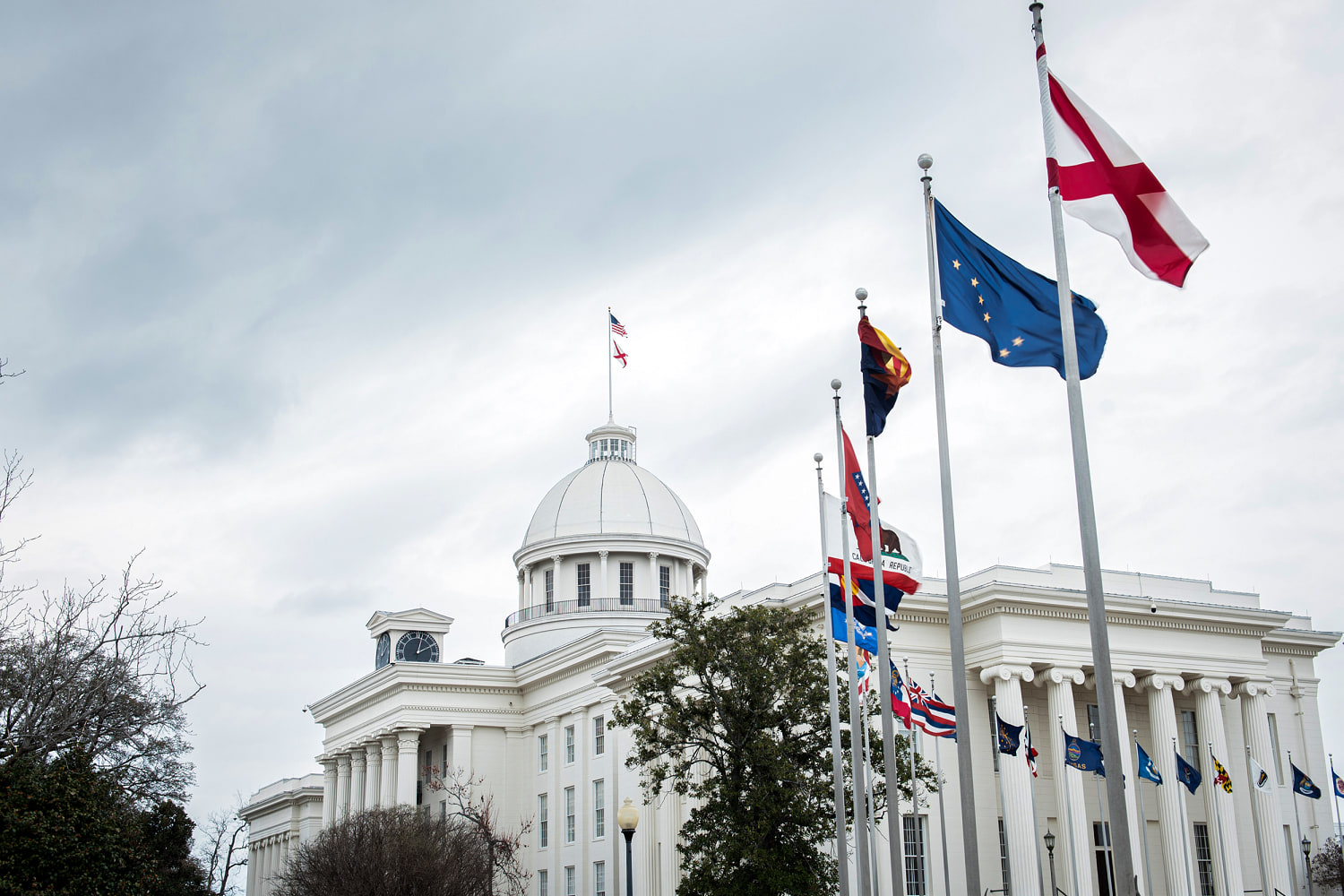Alabama Republicans pledged to revisit IVF in hopes of a long-term fix. They never did.


When Republicans in Alabama enacted a law earlier this year to protect in vitro fertilization following a court decision that halted the treatment in the deeply conservative state, they pitched it as a temporary fix.
They vowed to revisit the issue before the state Legislature adjourned and promised to work on a bill they said would serve to protect IVF long term in Alabama, where the state Supreme Court had ruled that embryos are children — a decision that created a national uproar.
They never did.
The hard deadline for action this year came and went, as the GOP-controlled Legislature adjourned this week, ahead of its scheduled May 20 date to do so.
After signing the bill to protect IVF in March, Alabama GOP Gov. Kay Ivey called it a “short-term measure” in a statement and said she anticipated “there will be more work to come.”
State Rep. Terri Collins, a Republican who had been the bill’s chief sponsor in the House, said on the chamber floor during the debate preceding its final passage that after the legislation passed, it would be the right time to “look at the issue and see what do we need to look at.”
“Do we need to look at a constitutional amendment and get that on this next ballot? Can we adjust this within our own laws and be satisfied?” she said at the time.
“My goal has been to try to find some compromise,” Collins continued. “Then we can slow down, look at all the options and make the best decisions.”
“We’re looking at lots of different pathways to move forward, even this session,” she said.
The saga began when the state’s conservative Supreme Court ruled in February that embryos are considered children, prompting the state’s IVF clinics to halt their services.
The decision triggered a massive outcry in Alabama and across the U.S., including a call from former President Donald Trump to address the issue “quickly,” sending state lawmakers scrambling to come up with a fix.
But the bill that lawmakers hurriedly drafted and passed didn’t address any of the core questions prompted by the court’s decision.
The narrowly tailored bill, which was approved with bipartisan support in both legislative chambers, was designed to protect doctors, clinics and other health care personnel who provide IVF treatment and services by offering such workers civil and criminal “immunity,” stating that “no action, suit, or criminal prosecution for the damage to or death of an embryo shall be brought or maintained against any individual or entity when providing or receiving services related to in vitro fertilization.”
To the chagrin of many Republican and Democratic lawmakers, the enacted legislation failed to define or clarify whether under state law frozen embryos created via IVF have the same rights as children.
Many of the bill’s Republican supporters said its purpose was to serve as a short-term solution intended to allow clinics in the state that had halted their services to reopen.
“Getting the clinics open was our priority,” Collins said during one of her floor speeches.
But the bill enacted didn’t even fully accomplish that.
While two of the state’s three major IVF clinics that had paused care said they would resume services quickly, the third — the Center for Reproductive Medicine at Mobile Infirmary, the fertility clinic involved in the lawsuit that led to the Alabama Supreme Court decision — said services would remain halted. It later said it would suspend IVF services entirely at the end of the year out of fear of future litigation.
Collins, as well as the GOP leaders in the state Senate and state House, didn’t respond to questions about why Republicans never revisited the issue in the 2024 session.
A spokesperson for Ivey said her office would continue to monitor the situation.
“In March, following a ruling by the Alabama Supreme Court, the Alabama Legislature worked to pass legislation to help give assurances to clinics in our state so they felt confident resuming IVF services, and the governor quickly signed the bill into law,” Ivey spokesperson Gina Maiola said. “Now, we will continue closely monitoring and studying the issue as IVF services move forward in Alabama.”
Democrats in the Legislature introduced competing measures during and following the debates on the bill that was ultimately enacted, but none of them ever advanced.
Those included bills that sought to explicitly clarify that an embryo “outside of the uterus” isn’t “considered an unborn child.” House Minority Leader Anthony Daniels also filed a proposed constitutional amendment to include a provision that “an extrauterine embryo” — the term used in the state Supreme Court ruling — “is not an ‘unborn life’ or ‘unborn child.’”
Reproductive rights groups slammed Alabama Republicans for not revisiting the issue.
“The short-term measure that passed really was just a Band-Aid to resume IVF care and for the clinics to reopen,” said Betsy Campbell, the chief engagement officer at RESOLVE: The National Infertility Association. “But there is still that shadow of the [state] Supreme Court ruling that embryos have the same rights as living children, and that impacts both providers and patients.”
“There needs to be a long-term fix: legislation that addresses the status of embryos and is based on scientific, evidence-based information about what takes place during reproduction and IVF,” Campbell added. “Lawmakers need to finish the job.”







